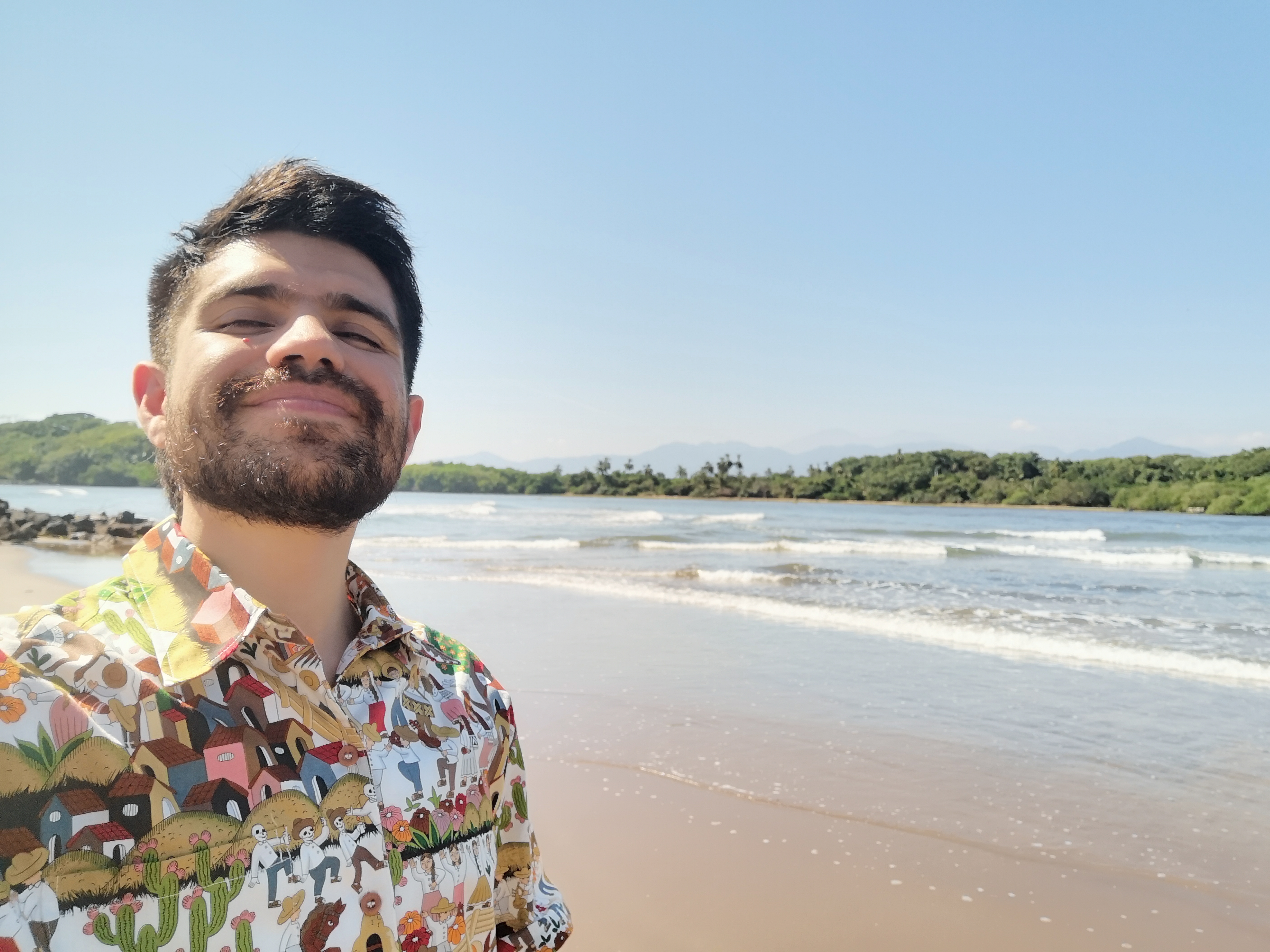
April 24th 2024
Lamperti Transforms of Self-Similar Measure-Valued Processes and Simple Coalescents
Alejandro Hernandez Wences
Link to Join MS Teams Talk
This talk will be broadcast at 13:30 BST 24th April on MS Teams only.
Meeting ID: 393 527 089 878
Passcode: dsm7py
Abstract
In this presentation, Alejandro will share his collaborative work with Arno Siri-Jégousse in which they derived a Lamperti transform for self-similar processes that take values in normed vector spaces. This transformation involves a random time change followed by a ‘(log) polar’ decomposition of the state space. The resulting process is a Markov additive process (MAP) in which the ‘(log) norm’ coordinate is additive-homogeneous. Lamperti originally studied the case of self-similar processes taking values in the positive reals, resulting in a MAP that is essentially a Lévy process. Alili et al. in 2017 extended his work to processes taking values in R^d, where now the ‘argument/angle’ coordinate becomes non-trivial. He will demonstrate an application of their generalization to processes taking values in the space of positive measures, thereby reframing and expanding upon the results of Birkner et al. in 2005. They showed that for self-similar measure-valued branching processes, the time-changed and renormalized process (i.e., the ‘argument’ in our setting) is a Fleming-Viot process, which is in duality with the Beta Coalescent. We strengthen this result and obtain Fleming-Viot processes that are in duality with general Lambda-Coalescents.
About Alejandro
Alejandro studied genomic sciences during his undergraduate studies, mostly focusing on molecular and computational biology. Then he did a masters and PhD studies in mathematics, focusing on Population Genetics. Now, during his postdoc, he is incursionating in theoretical aspects of the learning of manifolds from data, and in stochastic control theory.
Similar Talks
- September 25th 2024 › Martina Favero › Martina Favero: Stochastic processes in population genetics under strong selection
- March 27th 2024 › Andjela Sarkovic › Cutoff for random walk on random graphs with a community structure
- February 28th 2024 › Jonas Köppl › Dynamical Gibbs variational principles and applications
- October 25th 2023 › Isabella Goncalves de Alvarenga › Multitype Contact Process
- More ›
RANDOM_PROCESSES · COALESCENTS · LAMPERTI_TRANSFORMS · MEASURE_VALUED_PROCESSES
published
